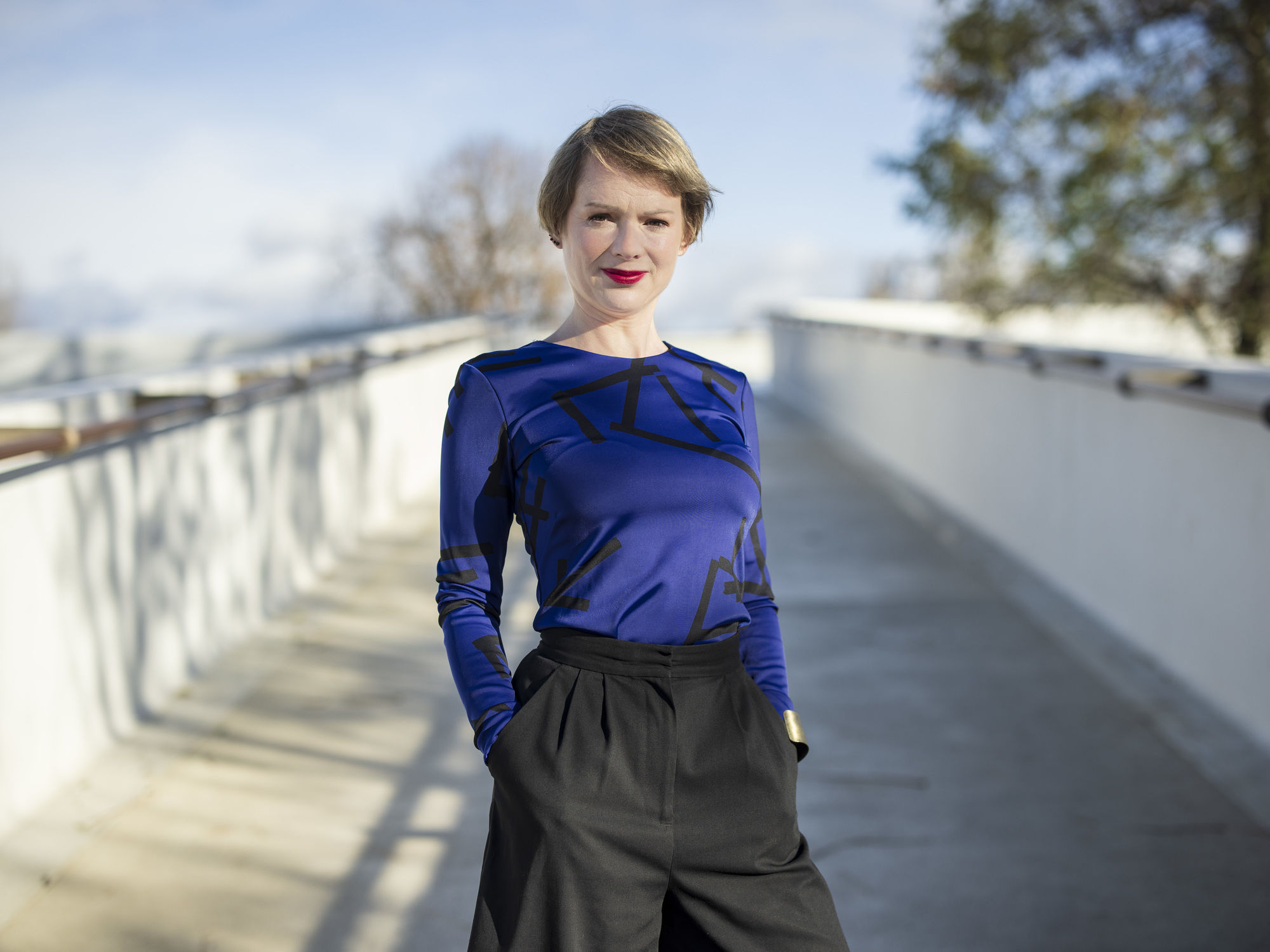Culture opens doors to foreigners and business opportunities

In foreign affairs, art acts as a “litmus test” that shows us the places to look for cultural and social similarities, and therefore lines of communication.
In 1956 – during the Cold War – a groundbreaking exhibition of American art was held in Moscow. What the world’s leading politicians failed to do on the “battlefield” of mutual understanding, at least the artworks on display managed to do, to a certain extent. For the Soviet audience, the exhibition presented abstract expressionism, as well as works with social themes through the lens of the West, giving citizens a glimpse into a different way of thinking and understanding the world. There is a saying that the Berlin Wall was brought down by rock and roll, which testifies to the power of art. But the Moscow exhibition is just one of many examples of the power of cultural diplomacy, a powerful tool for building bridges between nations where it is difficult to do so through strictly political means.
In the Czech Republic, the Czech Centres established by the Ministry of Foreign Affairs are involved in the integration of culture into the country’s foreign relations. “They know Dvořák in America, Švankmajer in France, Kateřina Šedá in London – culture consistently creates the most positive associations with the Czech Republic abroad. It is a great foundation to build on,” says Jitka Pánek Jurková, Director General of the Czech Centres.
Art plays a rather crucial role in this external communication by engaging emotions. “It can convey many contexts and can cultivate positive perceptions among the foreign public. It works with sympathy. In terms of cultural diplomacy, it’s a fantastic thing,” notes Jurková.
A recent example is the Czech Centre in Taiwan, where a new branch was recently opened for strategic reasons. “Negotiations are now underway to expand the production of Taiwanese chips to Europe and a number of companies are entering the discussion to collaborate. More than before, we need to introduce the Czech culture and mentality and thus facilitate smooth business exchange,” explains Jurková, describing the origins of the Czech Centre in Taiwan. In cooperation with the Museum of Decorative Arts, a cross-sectional exhibition of Czechoslovak photography from the beginning of the 20th century to the present day was held here to tell the story of the country and its struggle for freedom and democracy. “We are also developing an online campaign that will help us introduce the present-day Czech Republic to the general public,” adds Jurková. For the first time ever, Czech contemporary artists will be featured at Art Taipei.
What the Czech Republic still lacks, however, is a unified presentation abroad, a kind of “love brand.” Cultural diplomacy can play a part here, too. “By creating a unified and comprehensible image of our country, we contribute to increasing the attractiveness of products and services for companies that operate here,” Jurková explains why business should be interested in actively promoting culture. Many countries have already completed the process of rebranding, i.e. the process of bringing together different aspects of cultural identity and communicating them in a clear, consistent way. Colombia, South Korea and Japan, for example, have reported positive responses in this area. The closest to us are France or the Netherlands, which have recently followed this process. It is estimated that a clear cultural identity can create up to 20% of the product’s value.
It is important that the resulting shape is uniform but also authentic. The discussion about the Czech Republic’s image therefore needs to involve not only the state as such, but especially companies and the general public. According to Jurková, everyone can do their bit to contribute to the development and better presentation of culture. “Of course, strong cultural diplomacy is not possible without a vital cultural scene. And we can support it by simply attending: going to exhibitions, concerts, the theatre, and reflecting on it. We should be aware of how important it is for us as a society,” Jurková concludes. The role of patrons and partners who are willing to financially support interesting projects both here and abroad is also indispensable.